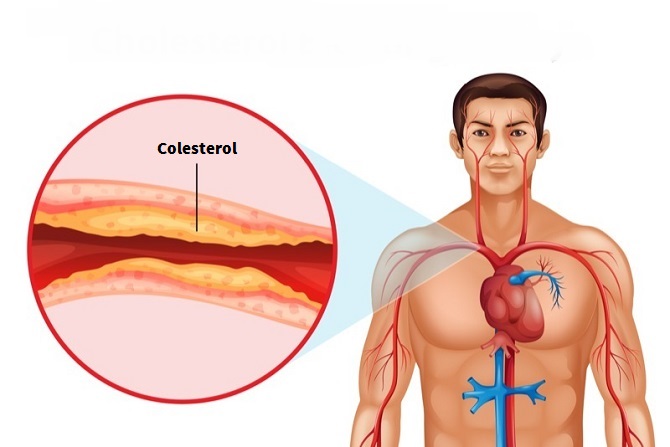How to clean the arteries with a simple fruit

It has been found that the arteries can be cleaned with the pomegranate. This fruit could prevent the progression of coronary artery disease. A new study published in the journal Atherosclerosis confirms that pomegranate extract can prevent and or reverse the main pathology associated with cardiac mortality.

Table of Contents
The pomegranate: fruit with properties to clean the arteries
The progressive thickening of the coronary arteries is caused by the accumulation of fatty materials, it is known as atherosclerosis.
- Reduces levels of oxidative stress
- Low chemotactic monocyte protein – 1, a chemical messenger (chemokines) associated with inflammatory processes within the arteries.
- Reduces the accumulation of lipids in the heart muscle
- Low macrophage infiltration of the heart muscle
- Reduced levels of monocyte chemotactic protein-1 and fibrosis in the myocardium
- Reduction of cardiac enlargement
- Reduced levels of ECG abnormalities
Vitamin C deficiency fundamental cause of cardiovascular disease
How can something as benign and common as a fruit extract reverse so many aspects of coronary artery disease at once, as the previous study shows?
The answer may lie in the fact that our ancestors co-evolved with certain foods (fruits, in particular) for so long that the lack of adequate amounts of these foods can directly result in impaired organ function.
Indeed, two-time Nobel Prize winner Linus Pauling argued that vitamin C deficiency is a fundamental cause of cardiovascular disease, due to the fact that our hominid primate ancestors once had year-round access to fruits, and as a result they lost the ability to synthesize it.
Daily consumption of pomegranate juice unclogs the arteries
This study adds to existing clinical research indicating that pomegranate can help unclog arteries. For example, in 2004, the journal Clinical Nutrition, published the results of a three-year clinical trial in a population of Israel, finding that daily consumption of pomegranate juice reverses carotid artery stenosis by up to 29% in the within 1 year.
Surprisingly, the blockages in the control group increased 9%, indicating that the effects of unblocking the artery by the grenade were even greater than the former.
Benefits of pomegranate in cardiovascular disease
The value of pomegranate in cardiovascular disease is very broad as evidenced by the following experimentally confirmed properties.
Anti-inflammatory
Like many chronic degenerative diseases, inflammation plays an important role in the pathogenesis of cardiovascular disease.
Lowers blood pressure
Pomegranate juice has natural angiotensin converting enzyme inhibiting properties, and it is a nitric oxide enhancer, two known ways to lower blood pressure. Lastly, pomegranate extract is rich in punicalagin which has been found to reduce the adverse effects of disturbed stress on arterial segments exposed to impaired flow.
Anti-infectives
Plaque buildup in the arteries often involves secondary viral and bacterial infection, including hepatitis C and Chlamydia pneumoniae. Pomegranate has a wide range of antibacterial and antiviral properties.
Antioxidant
One of the ways in which lipids in the blood become promoters of heart disease (atherogenic) is through oxidation. LDL, for example, can be technically “high”, but harmless as long as it is not easily oxidized. Pomegranate has been found to reduce oxidative stress in the blood, as measured by serum paraoxonase levels.
Reduces the size of atherosclerotic lesions
A study found that this decrease in oxidative stress derived from the consumption of pomegranate is associated with a 44% reduction in the size of atherosclerotic lesions.
A good diet is always recommended to follow while undergoing a natural treatment, since it is understood that our diseases come in a large percentage from bad eating habits.
